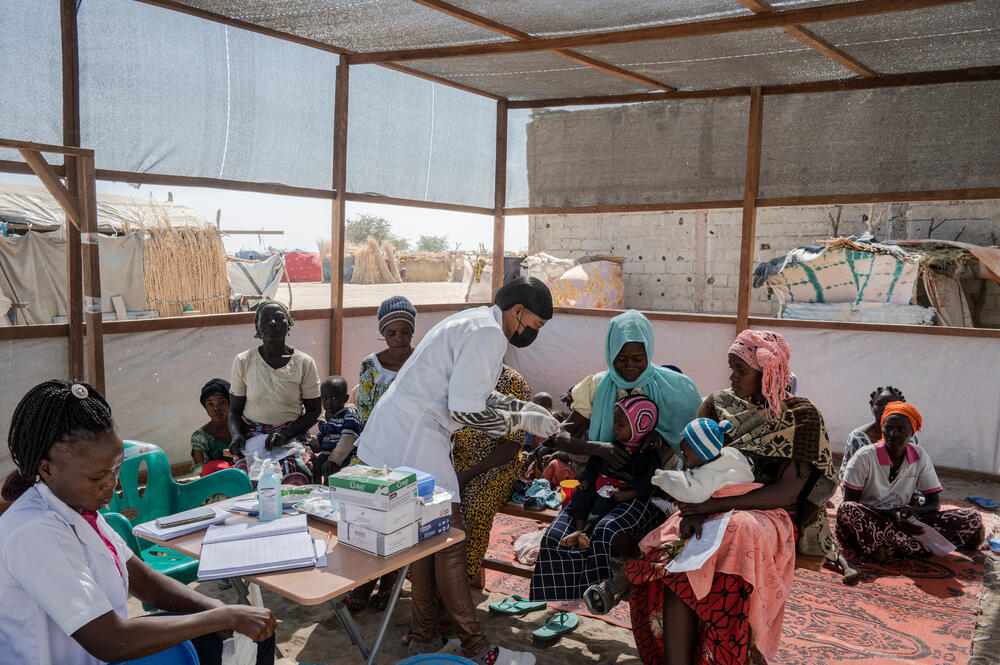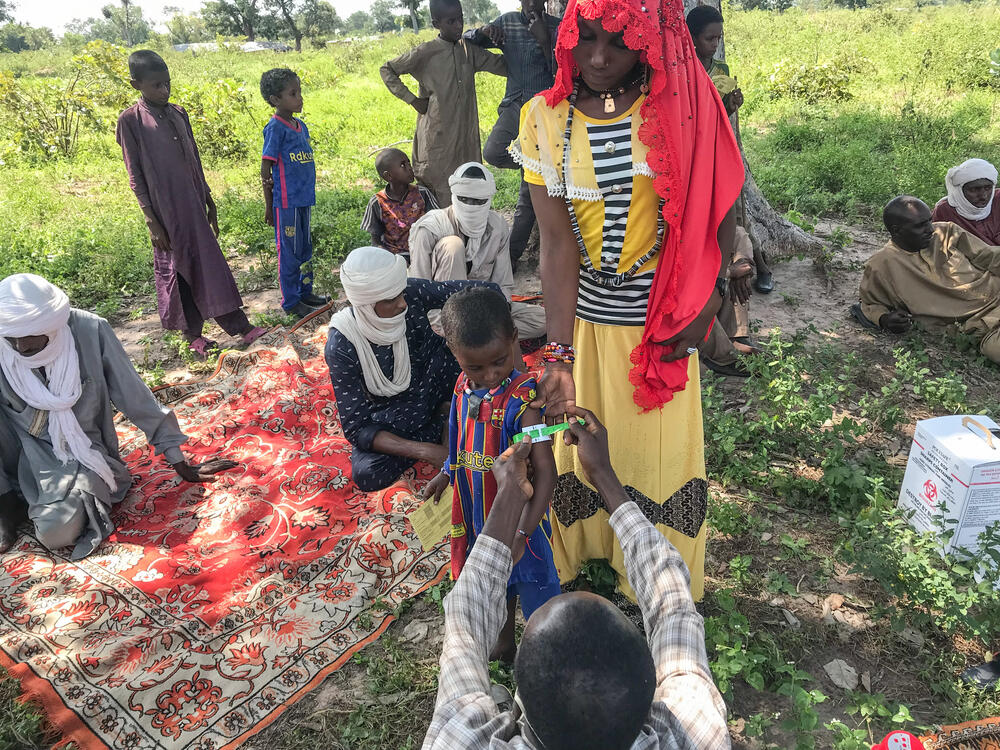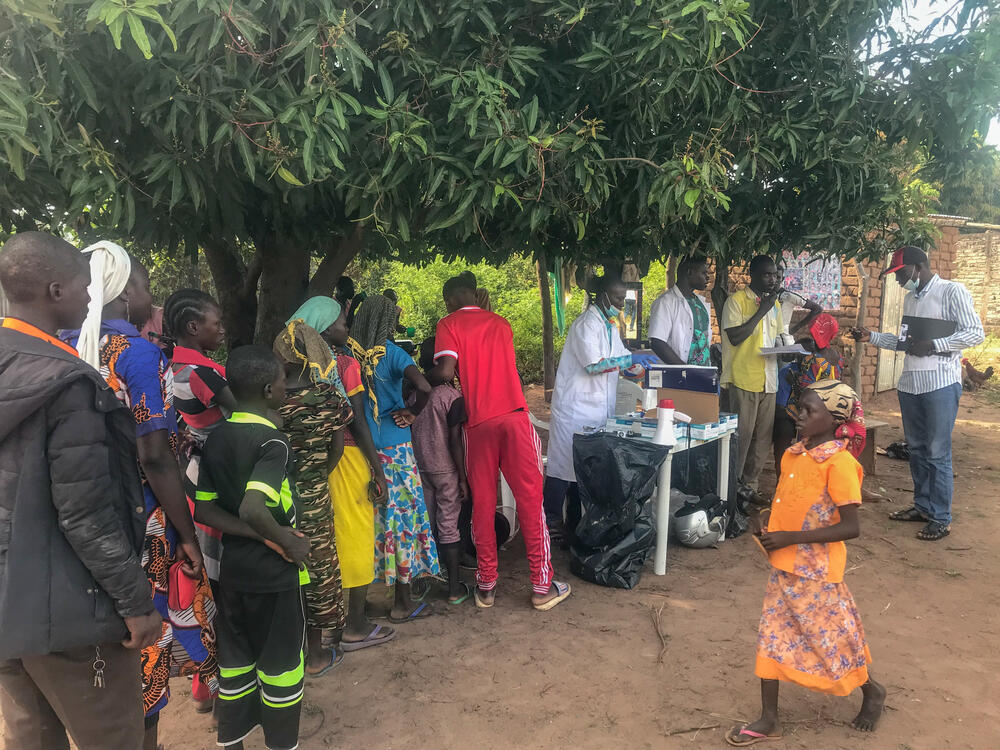Chad: Close to 1,000,000 children protected against measles by MSF teams
13 March 2023
N’Djamena – A total of 955,673 children in the Chadian capital, N’Djamena, have been vaccinated against measles by teams from international medical organisation Médecins Sans Frontières/Doctors Without Borders (MSF) in support of the Chadian Ministry of Public Health. The mass vaccination programme took place between 10 and 21 January and was aimed at children aged between four months and 16 years old.
Measles epidemics are recurrent in Chad and are a leading cause of death among children. Vaccination coverage is weak countrywide and many families, even those in urban areas, struggle to access paediatric care if their child falls sick.
In 2022, Chad experienced unprecedented flooding after heavy rainfall, forcing large numbers of people from their homes. In N'Djamena, the flooding of the Chari River displaced some 255,000 people (Source: OCHA) between October and December 2022. Many sought refuge in some 20 displacement camps in the capital, where conditions are often overcrowded and unhygienic.
“A lack of access to clean drinking water and hygiene, as well as overcrowding, increases people’s vulnerability,” says Dr Jean Patrick Oumaba, MSF medical coordinator in N’Djamena.
“Our initial aim to prevent outbreaks of disease by vaccinating children in the camps rapidly turned into a fully-fledged mass vaccination campaign in support of the Ministry of Public Health and UNICEF.”
As well as protecting children from the disease through vaccinations, MSF teams have provided medical care to 396 children with measles symptoms and referred 52 children in a critical condition to a dedicated measles unit in Gozator hospital, which is supported by MSF.
To maximise the population reached and educate them about the disease, its symptoms, and the importance of protection through vaccination, the health promotion activities carrying this campaign has brought together various local associations, community leaders, international organisations, the government and the media. However, the healthcare stakes in the country remain high and much more needs to be done to curb disease outbreaks effectively.
Measles, an acute viral infection of the respiratory system and characterised by a skin rash of small red dots, is considered to be the most contagious disease in the world. With no specific treatment for the disease, vaccination is the most effective medical tool against measles.
In the long run, limiting the resurgence of measles outbreaks in Chad can only be achieved by increasing vaccination coverage countrywide.


